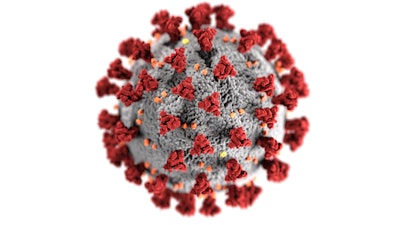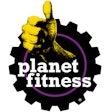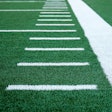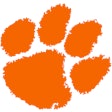
Athletes with COVID-19 may need a cardiac MRI screening to discover myocarditis, according to information presented by the Radiological Society of North America this week.
A small — but significant — percentage of college athletes with COVID-19 develop myocarditis, an inflammation of the heart muscle that can only be seen on cardiac MRI, according to a study presented Monday at the annual RSNA meeting.
MYOCARDITIS IN ATHLETES:
— Tabatha (@TabathaWethal) November 30, 2021
According to @RSNA study this week, doctors diagnosed about 2.3% of athletes with COVID-19 myocarditis, which mirrors the population.
BUT about 54% of them showed no prior cardiac symptoms or testing abnormalities. Only the MRI detected #myocarditis pic.twitter.com/mlN4VN0EgU
"The main issue is the presence of persistent inflammation and/or myocardial scar," Jean Jeudy, M.D., professor and radiologist at the University of Maryland School of Medicine in Baltimore who worked on the study, said. "Each of these can be an underlying foundation for additional damage and increased risk of arrhythmia."
For the study, Jeudy reviewed the results of nearly 1,600 cardiac MRIs collected at the 13 participating Big Ten schools. There was no selection bias for cardiac MRI, because all COVID-positive athletes underwent a complete cardiac battery of tests including cardiac MRI, echocardiogram and blood tests, as well as a complete medical history.
RELATED: What Have Myocarditis-COVID Connection Studies Found So Far?
The study revealed that 37 of the athletes included, or 2.3 percent, were diagnosed with COVID-19 myocarditis, a percentage on par with the incidence of myocarditis in the general population. However, an alarmingly high proportion of the myocarditis cases were found in athletes with no clinical symptoms. Twenty (54 percent) of the patients with COVID-19 myocarditis had neither cardiac symptoms nor cardiac testing abnormalities. Only cardiac MRI identified the problem.
"Testing patients for clinical symptoms of myocarditis only captured a small percentage of all patients who had myocardial inflammation," Jeudy said. "Cardiac MRI for all athletes yielded a 7.4-fold increase in detection."
Jeudy serves as the cardiac MRI core leader for the Big Ten Cardiac Registry. The registry oversaw the collection of all the data from the individual schools of the Big Ten conference.
The RSNA said the implications of post-COVID-19 myocardial injury detected by cardiac MRI are still unknown.
"The main issue is the presence of persistent inflammation and/or myocardial scar," Jeudy said. "Each of these can be an underlying foundation for additional damage and increased risk of arrhythmia."
Jeudy and colleagues continue to add to the Big Ten Cardiac Registry to gain more understanding.
"We still don't know the long-term effects," Jeudy said. "Some athletes had issues that resolved within a month, but we also have athletes with continued abnormalities on their MRI as a result of their initial injury and scarring. There are a lot of chronic issues with COVID-19 that we need to know more about, and hopefully this registry can be one of the major parts of getting that information."
The registry will allow researchers to look beyond the presence of abnormalities and study things like changes in exercise function over time, RSNA said.
"These are young patients, and the effects of myocardial inflammation can potentially impact their lives more significantly than in older patients," Jeudy said. "That's why we really want to push forward and continue to collect this data."
Obstacles to widespread use of cardiac MRI in college athletes are significant and include cost and lack of access to advanced MRI capability at many centers. But as the new study shows, cardiac MRI adds considerable value to cardiac testing.
"The role of cardiac MRI as a screening tool in this population needs to be explored," Jeudy said. "The reality is that there are a small percentage of cases where we know the athletes have an increased risk for sudden death, and using cardiac MRI will increase the number of players who are identified."





































